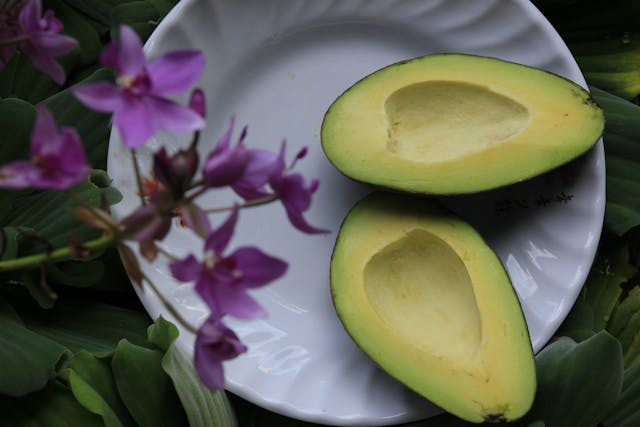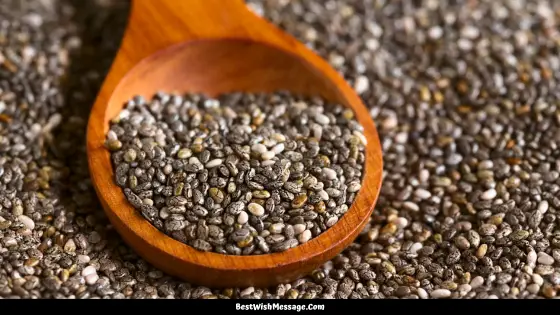Heart-healthy fats play a crucial role in maintaining cardiovascular health by reducing bad cholesterol and inflammation. Incorporating these fats into your meals can enhance flavor while supporting your heart. Here are the top 10 heart-healthy fats to include in your diet.
Heart-Healthy Fats to Include in Your Meals
1. Avocados
Avocados are a rich source of monounsaturated fats, which help lower LDL cholesterol and boost HDL cholesterol levels.

- Nutrients: High in potassium, fiber, and antioxidants.
- Benefits: Supports heart health and regulates blood pressure.
- How to Use: Add to salads, smoothies, or toast. Use as a substitute for butter in spreads.
2. Extra Virgin Olive Oil
A staple of the Mediterranean diet, olive oil is packed with antioxidants and healthy fats.
- Nutrients: Contains polyphenols and vitamin E.
- Benefits: Reduces inflammation and lowers the risk of heart disease.
- How to Use: Drizzle on vegetables, use in salad dressings, or cook lightly over low heat.
3. Nuts (Almonds, Walnuts, and Pistachios)
Nuts are loaded with healthy fats, fiber, and plant sterols.
- Nutrients: Rich in omega-3 fatty acids and vitamin E.
- Benefits: Helps reduce bad cholesterol and improves artery function.
- How to Use: Snack on a handful, add to yogurt, or incorporate into baked goods.
4. Fatty Fish (Salmon, Mackerel, and Sardines)
Fatty fish are the best sources of omega-3 fatty acids, essential for heart health.
- Nutrients: Contains EPA and DHA, types of omega-3s.
- Benefits: Reduces triglycerides and prevents plaque buildup in arteries.
- How to Use: Grill, bake, or add to soups and salads for a nutritious meal.
5. Chia Seeds
Tiny but powerful, chia seeds are packed with omega-3s and antioxidants.

- Nutrients: High in fiber, protein, and calcium.
- Benefits: Improves cholesterol levels and stabilizes blood sugar.
- How to Use: Mix into oatmeal, smoothies, or yogurt; use as a pudding base.
6. Flaxseeds
Flaxseeds are another excellent plant-based source of omega-3 fatty acids.
- Nutrients: Rich in lignans and alpha-linolenic acid (ALA).
- Benefits: Lowers blood pressure and improves heart health.
- How to Use: Ground them to sprinkle on cereals, salads, or baked goods.
7. Dark Chocolate
Dark chocolate (at least 70% cocoa) contains heart-friendly flavonoids.
- Nutrients: Rich in magnesium and antioxidants.
- Benefits: Enhances blood flow and reduces blood pressure.
- How to Use: Enjoy as a treat or melt over fruit for a healthy dessert.
8. Coconut Oil (in Moderation)
Although high in saturated fats, coconut oil contains medium-chain triglycerides (MCTs), which may benefit the heart.
- Nutrients: Contains lauric acid and polyphenols.
- Benefits: May improve HDL cholesterol levels when used moderately.
- How to Use: Use sparingly for cooking or in baked goods.
9. Tofu and Soy Products
Soy-based foods are rich in polyunsaturated fats and plant protein.
- Nutrients: Contains isoflavones and omega-6 fatty acids.
- Benefits: Reduces cholesterol levels and supports overall heart health.
- How to Use: Add tofu to stir-fries, soups, or salads; use soy milk in recipes.
10. Eggs (Especially Omega-3 Enriched)
Eggs, particularly those enriched with omega-3s, are nutrient-dense and heart-healthy.

- Nutrients: High in protein, vitamin D, and omega-3s.
- Benefits: Supports cholesterol management and overall health.
- How to Use: Hard-boiled, scrambled, or poached; include in balanced meals.
Conclusion
Incorporating heart-healthy fats like avocados, nuts, and fatty fish into your meals can enhance both taste and health. These fats work synergistically to lower cholesterol, reduce inflammation, and promote cardiovascular well-being. Make them a part of your daily diet for a healthier heart!
